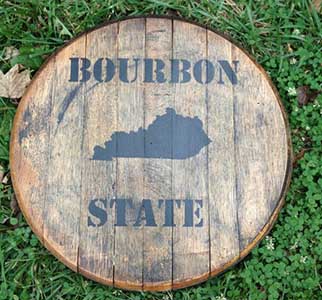Blog
Search
Alcohol & State Budget Policy in KY
December 3, 2014
Here is the economic reality of alcohol's cost in Kentucky:
- The cost of excessive alcohol consumption costs the state $2.8 billion in economic harm, or $657 per person.
- The proportion of this cost directly borne by government is $1.2 billion.
- Combined federal and excise tax revenues cover just 18% of the direct government cost.
- There are 1,351 alcohol-attributable deaths in Kentucky each year.
Kentucky's situation is similar in most other states; median economic harm is $2.9 billion annually, and governments must cover 42% of these costs, despite diminishing excise tax revenues. Excise taxes are rarely increased at the state or federal level, and almost never indexed for inflation, so inflation erosion exacerbates the problem of already too-low tax rates. At the federal level, between 1991 (the last time the federal excise tax was increased) and 2011, alcohol sales revenues increased by 129%, while excise tax revenues by only 40%. This has added up to $65 billion in federal revenue lost, now up up to $7 billion each year.
Given the staggering economic cost of excessive consumption, raising alcohol excise taxes makes much more sense than a policy investing in alcohol industry promotion. Raising alcohol excise taxes is the most effective public health intervention to prevent excessive alcohol consumption and related harm, as well as providing a rich source of revenue for state coffers. A $0.25 per-drink increase in Kentucky's alcohol excise tax would create more than 5200 new jobs without increasing alcohol-related harm and its associated costs. It would also bring in $330,000,000 in additional tax revenue to the state.
The NYT post is a chorus out of the whiskey and craft beer songbook, painting alcohol producers as saviors of the state economy. It echoes alcohol industry PR machines such as the Distilled Spirits Council of the United States (DISCUS) and the Beer Institute, and gives credence to misleading claims that alcohol production provides a net gain for the economy by creating jobs. It also sounds and looks a lot like information provided to journalists when they were treated to an all-expenses paid Spring Break party by DISCUS earlier this year.
Help us hold Big Alcohol accountable for the harm its products cause.
| GET ACTION ALERTS AND eNEWS |
STAY CONNECTED    |
CONTACT US 24 Belvedere St. San Rafael, CA 94901 415-456-5692 |
SUPPORT US Terms of Service & Privacy Policy |
Copyright © 2026 Alcohol Justice. All Rights Reserved.
Joomla! is Free Software released under the GNU General Public License.


